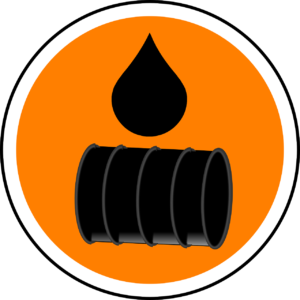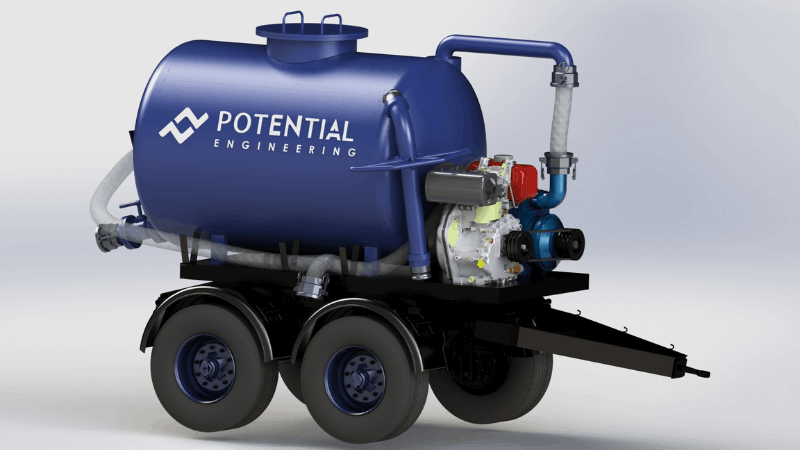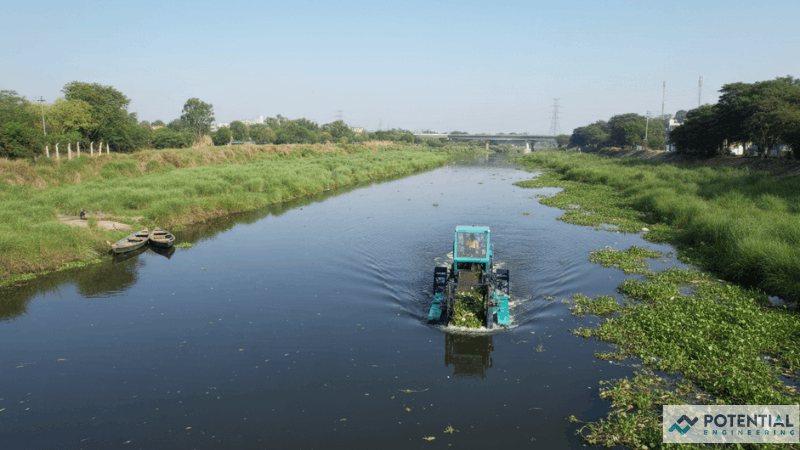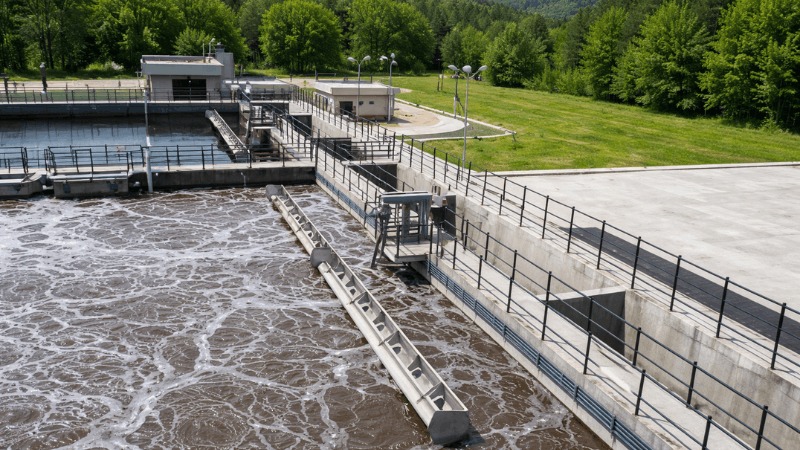The Usage and Benefits of Industrial Oil Skimmer

An increase in pollution can sound synonymous with industrial growth. We all know that manufacturing industries significantly contribute to water, soil, and air pollution. Also, there is a growing concern over oil pollution. Oil is an important energy source, and petroleum products serve as raw materials for several consumer goods, making our environment prone to various levels of oil pollution.
The Cause of Industrial Oil Pollutions
Industrial oil pollution, in particular, is caused due to use of oil in the manufacturing process of almost every industry and as lubricants and cooling agents. The extent of oil pollution varies depending on the process and measures taken to prevent it. Governments worldwide have taken measures to ensure that the wastewater released into the environment should adhere to the permissible limits.
The Effects of Industrial Oil Skimmers
Industrial skimmers have proved to be the most effective in mitigating the effects of industrial oil pollution. It is a reliable and efficient piece of equipment to separate oil from water/liquid. These skimmers are mechanical and do not require the use of any chemicals. They are essential for overall plant performance and to protect our environment.
The commonly used industrial Oil Skimmers are:
− Tube Type Oil Skimmer
− Fixed Disc Type Oil Skimmer
These skimmers work on the principle of the difference in surface tension of oil and water. The tube type oil skimmer lowers the water’s surface tension to attract and gather the floating oil. A set of wiper blades wipes the oil off as it passes past them and is collected in a trough where it flows naturally to the oil sump. employing a skimmer improves plant efficiency and positively impacts the environment.

Industrial Skimmers Benefit the Environment
Conserving natural resources:
Skimmers separate oil from water. Both these products are natural resources. The skimmed oil can be cleaned and returned to its original specification at a minimum cost. This oil can be recycled into other products. For example, the food industry often uses recovered waste oil for manufacturing soap, biodiesel, etc.
Similar to oil, water is also a scarce natural resource. Industrial oil skimmer increases the potential to reuse water for production processes. It also reduces overall water consumption by extending the life of process water. The recycled water can also be reused for secondary applications. Thus, conserving vast amounts of fresh water required by various industries and restricting the amount of water pollution.
Restricts the use of chemicals:
We know that chemical pollution has a long-lasting negative effect on the environment. Industrial oil skimmers do not use chemicals to separate oil from water/liquid. Thus, the technique itself is environment-friendly. Using oil skimmers ensures that the process water/wastewater does not contain traces of oil. This subsequently reduces the treatment load on the equipment, facilitating optimum performance levels and energy saving. It is necessary to state that there is a considerable reduction in the number of chemicals required to treat process water/wastewater where oil skimmers are deployed.
Sludge Disposal:
Industrial oil skimmers are designed for varied applications. The accumulated sludge in petroleum storage tanks has multiple levels of oil. A high-performance oil skimmer can remove substantial oil levels from the sludge before it undergoes further treatment before disposal. The oil is purified for use, and the sludge is prepared for further treatment.
An industrial oil skimmer is electro-mechanical equipment that prevents pollution and safeguards the environment. Choose the correct type of oil skimmer for a better tomorrow.
Frequently Asked Questions(FAQs)
Q1. Where are floating oil skimmers used?
A. Floating Oil Skimmers are used in a variety of applications, including oil spill response, industrial wastewater treatment, oil-water separators, and water remediation systems. They are especially effective in areas with oil slicks, oil sheens, or where oil needs to be removed from the water surface.
Q2. How do sluice gates work?
A. Sluice Gates work by adjusting the height or position of the gate to regulate the water flow. When the gate is raised, it allows more water to pass through, increasing the flow rate. Lowering the gate restricts the flow and controls the water level upstream of the gate.
Q3. What is oil spill response equipment?
A. Oil Spill Response Equipment refers to the specialized tools, machinery, and materials used to contain, recover, and clean up oil spills. It includes containment booms, skimmers, sorbents, dispersants, pumps, storage tanks, and other equipment specifically designed for effective oil spill response.





